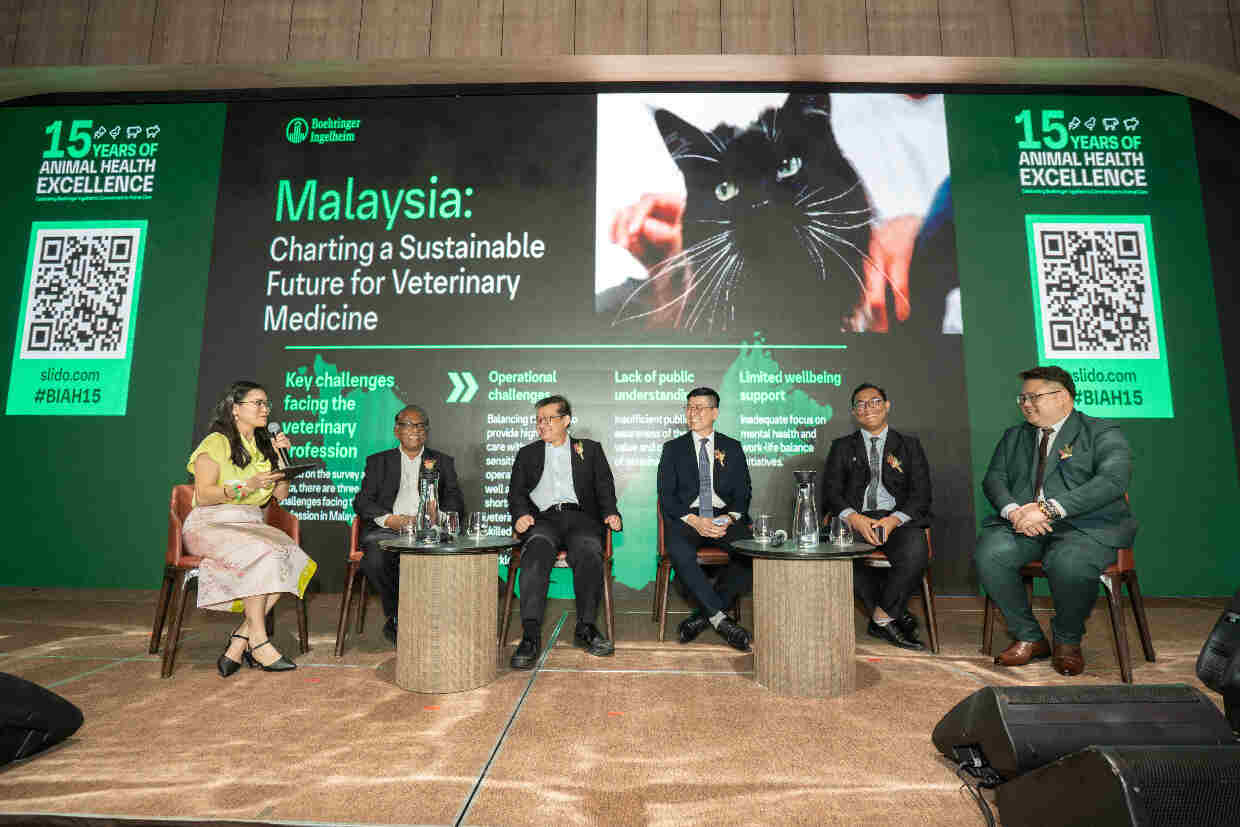I refer to the article “CDCs gear up for uncertain economic climate” (Aug 11), which stated that the five Community Development Councils saw 14,179 people seeking help in the second quarter, a 34-per-cent jump from the same period last year.
That more Singaporeans are seeking financial aid – despite good economic growth, job creation and wage increases – should serve as an alarm.
At this rate, the number seeking assistance this year would be more than the 55,600 last year and maybe the 62,300 in the 2009 recession year.
If we add those who apply for financial aid to the families already getting assistance, how many in total are receiving help now?
Last year, the CDCs approved 71 per cent of applications for financial aid, up from 67 per cent in 2009. How many families have ever applied, including the unsuccessful ones, since Comcare was introduced six years ago?
As it stands, 200,000 people have been helped by Comcare so far, it was said at the National Day Rally which I feel is a fairly large proportion of the population to have ever been in financial difficulty.
So we should not be complacent as we attribute the pick-up in the second quarter to the enhanced income eligibility criteria of the two subsidy schemes for kindergarten and childcare fees.
Families do approach and apply for these schemes directly through the childcare centres, without going to the CDC. If they also go to the CDCs, it may mean they need other financial assistance as well.
Finally, I am puzzled that Central CDC is seeing more sign-ups for Cash Up (Cultivate a Savings Habit), which was launched in April and gives needy families up to S$1,000 in matched savings if they apply money-saving tips learnt in financial literacy workshops.
I have been doing voluntary financial counselling for the needy for about a decade, and families who seek assistance do not generally have enough money to make ends meet.
For instance, SALT magazine (June 15) featured a couple with seven children who signed up for Cash Up. The husband earns about S$800 monthly.
How many of such very low-income families who sign up will be able to save more in order to get the matched savings at the end of the nine-month programme?












